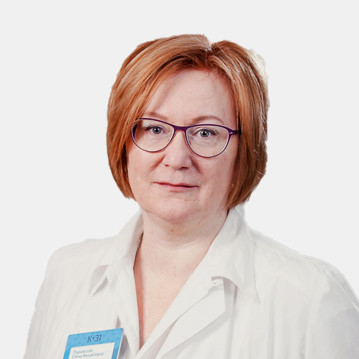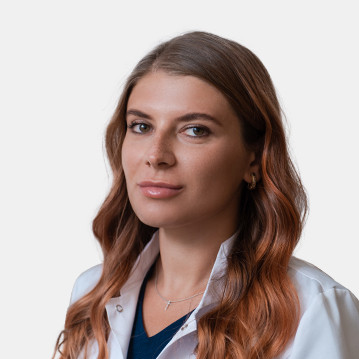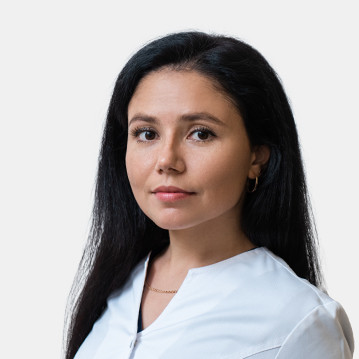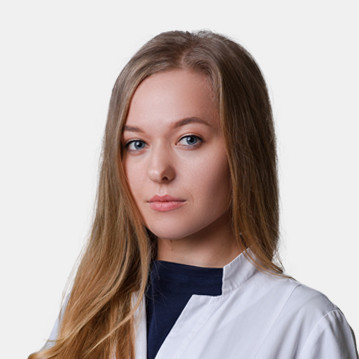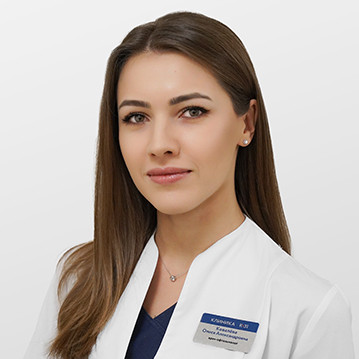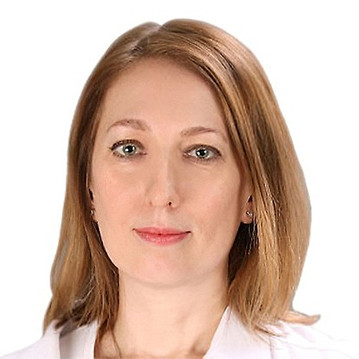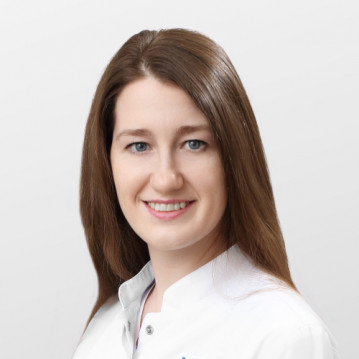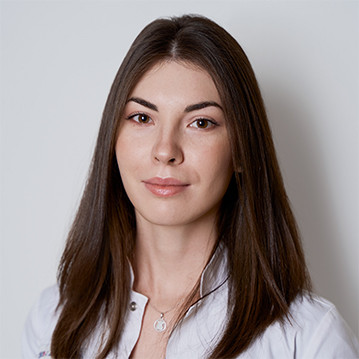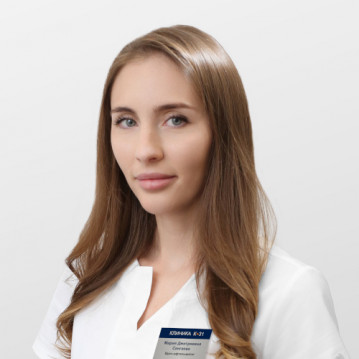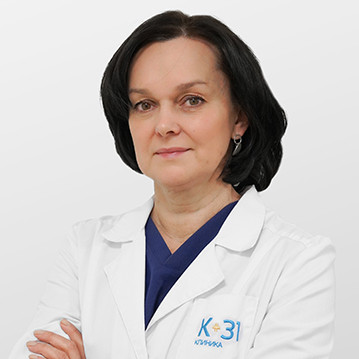In what cases it is necessary to see a doctor?
- Flies in the eyes.
- Flashes and/or lightning.
- Glare effect.
- Decreased vision.
- Veil before the eyes.
Sometimes there may be no symptoms, so a preventive examination by an ophthalmologist is important, especially in the case of diabetes,
atherosclerosis or arterial hypertension in history. The elderly are at risk. Those prone to retinal dystrophy
who suffer from myopia (especially high degree), intraocular pressure, have a hereditary predisposition, have encountered
with optic nerve injury or eye inflammation. Malnutrition of the choroid of the eye (for example, with insufficient blood supply),
as well as complications during pregnancy increase the risk of developing pathology.
With peripheral dystrophies and retinal breaks, there are usually no symptoms, and all changes are detected when examining the fundus. But, if such changes are not diagnosed in time, they can lead to retinal detachment; decrease in visual acuity, up to blindness and other pathological conditions. In order not to miss precious time, to reduce the risk of problems, it is necessary and important to undergo an annual preventive examination by an ophthalmologist.
In the case of a history of diabetes, once every six months (depending on the severity of diabetes); in the early stages, vision may not change, which leads to a late visit of patients to an ophthalmologist and, accordingly, late treatment and a high risk of developing serious diseases in the patient.
Treatment may be carried out on the day of treatment, when the diagnosis revealed a problem. There is no rehabilitation period, but you will not be able to drive after retinal surgery. Treatment requires evidence. Laser photocoagulation of the retina is a procedure with proven effectiveness.
Answers to popular questions
Question: What is the retina, how is it examined?
Answer: The retina is the inner lining of the eyeball. In order to examine this zone in detail, assess the state of the structure of the shell of the eye, check the optic nerve head, etc. an ophthalmologist should order special drops to dilate the pupil and examine the fundus. Specialists also use special equipment, including for optical coherence tomography.
Question: Is vitrectomy required for retinal laser treatment?
Answer: Vitrectomy may be performed as the first step in dealing with patients who have experienced retinal detachment. Removal of the vitreous body through a microscopic puncture in the eyeball provides full access to the fundus of the eye (minimally invasive method). At the end of the treatment, the removed amount of the vitreous body is replaced with a special artificial material.
Question: What are the possible complications of laser photocoagulation of the retina?
Answer: Laser treatment by coagulation of the retina is considered one of the safest. Complications can arise only when contacting an inexperienced specialist. If the following symptoms are observed after the intervention, it is important to consult a doctor:
- appearance of flashes or floats;
- persistent pain;
- persistent redness or swelling;
- reducing visual features;
- the feeling that the field of view is blocked by a black spot, etc.
Any of the listed signs is a reason for an immediate visit to an ophthalmic surgeon. They may indicate retinal detachment, ischemia of the optic nerve, damage to the lens of the eye, iritis, hemophthalmia and other diseases. Such negative consequences of laser coagulation of the retina are rare.
Question: How is the laser coagulation procedure carried out?
Answer: Laser photocoagulation is a one-day operation and does not require hospitalization. Previously, the patient undergoes diagnostics, including, if necessary, tomography. After an accurate diagnosis and a decision on the operation, local anesthesia is administered (in the form of drops or injections), as well as drugs to dilate the pupil.
The operation takes place in a sitting position. The patient's chin is placed in a special bar of the device. The time for all manipulations is 20-30 minutes. The laser beam is conducted to the retina through the cornea or sclera. After completing all the steps, drops with an antiseptic are instilled into the eye, which reduces the risk of inflammation.
Thanks to modern technologies, the impact is point-like. Most of the patients' reviews of laser coagulation of the retina indicate that complications are extremely rare, there is no discomfort during and after the operation.
Sign up for a consultation with our ophthalmologists using the contact form. We will call you back, select a convenient appointment time, and answer all your questions.


